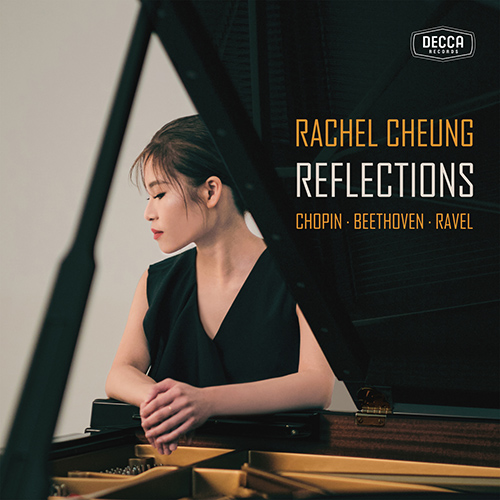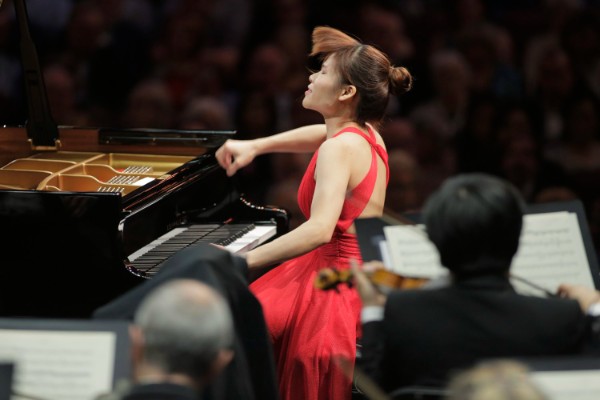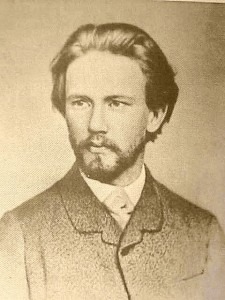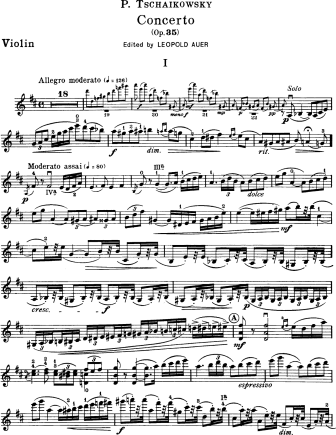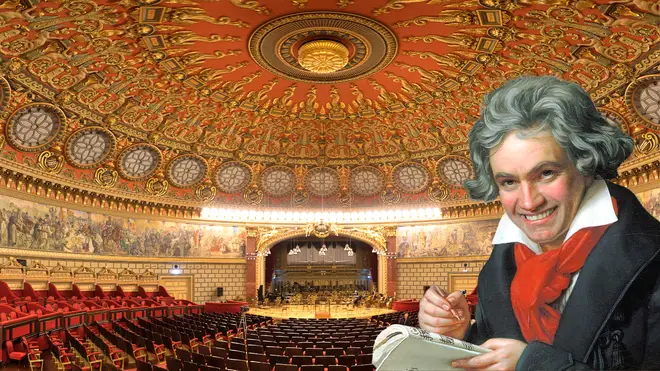
MUSIC can raise someone’s mood, get them excited, or make them calm and relaxed. Music also – and this is important – allows us to feel nearly or possibly all emotions that we experience in our lives.
Music is one of the most important and powerful things in my life. My life without melodies and harmonies would be totally empty. Listening to and playing different tunes helps me to de-stress, relax and it can also help to motivate me in trying times.
It is the expression of deep emotions and feelings.” “Music calms me down, lifts me up and always makes me feel a certain way. Explains things when words fail; Music speaks. Music means something that’s inspiring and can match your moods Music helps me connect to life.
The music matches our mood, or it can help us change it too— it’s as we wish, since we choose its purpose. Music’s ability to change our mood into the direction we want, to understand and comfort us, to soothe or stimulate us in whatever way we need— is powerful and life-enhancing.
It is scientifically proven that music enhances brain function, our brains are most active as we listen to music. Some people consider music as a way to escape from the pain of life, bringing relief from all forms of stress.
At the age of four, I started playing the piano at home. I listened to several worldwide operating radio stations. I was honored to be invited to Radio Moskow during the early 1980s. My record library, which contains about more than 20,000 different pieces, accompanied me with my book library to the Philippines. I enjoy them up to this moment.
While every country has its own ways of communicating, there’s only one language we can all understand: the language of music. We don’t even need words to understand what music is saying. Every year people from diverse backgrounds come together for live performances and festivals. When the music is being played, it seems every one understands what’s coming out of the speakers as they move in unison. In a time of deep divisions music stands to be the magnetism that is able to draw humanity together.
During the last years, I was able to share my passion for music during innumerable radio shows hosted in the Philippines. My listeners love to tune in and leave a lot of comments and music wishes. It made me really so happy.
Music is all around us intersecting our lives, regulating our moods and bringing good vibes to those who are listening. It raises your mood, bringing excitement, or calming you down. It allows us to feel all the emotions that we experience in our lives. It has the profound ability to help those who struggle to express how they feel too.
Musicians provide a powerful therapy that helps the listener make sense of the world we are living in. People have always found music significant in their lives, whether for enjoyment in listening, for an emotional response, performing or creating. This is no different for classical music or contemporary music performers.
Music plays a very important role in bringing people together. Whether it’s a festival, concert or a club night, people come together to enjoy the music that’s being played. It doesn’t matter where you come from, everyone is the same.
As a musician your gift, your talent must never be kept hidden. You have a responsibility to populate the airways with sound.
Music is not only important in MY life. Music is everyone’s life.

